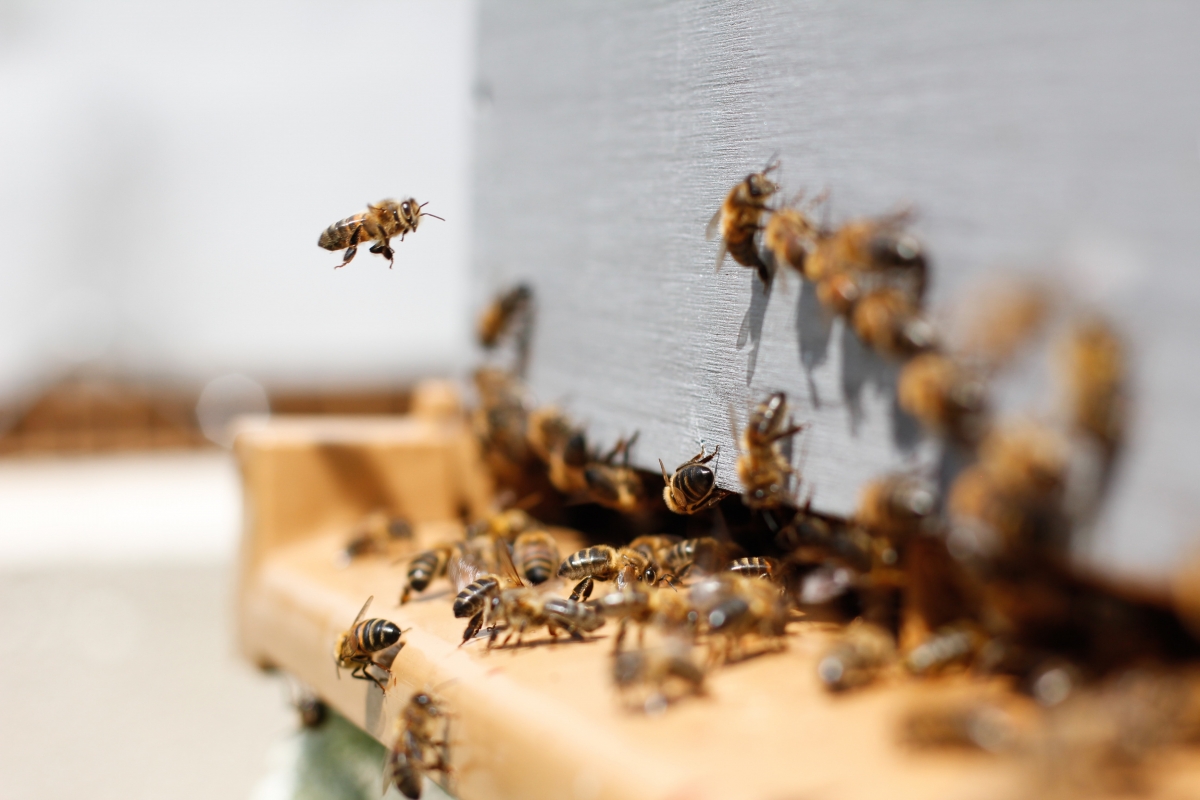
How much studying I do – and when I do it – is completely up to me.
I didn't have lectures for months, first due to lecturer strikes and then the pandemic. Never did I think that I would have zero contact hours in my final semester: I felt free and terrified at the same time. Suddenly everything was totally down to me.
Boring as they may sound, structure and routine are key to getting your brain into a good study cycle.
Here are my tips for implementing structure into your day.
1. Establish a sleep schedule
I used to stay up late, chatting to friends and scrolling through various apps. The result? I’d wake up late, having missed half the day.
Sleep is the first step to enforcing structure into your day. Everyone knows how important sleep is for your body and brain; it is essential for good mental health, and also for effective study. Going to bed and waking up at the same time every day will give you a consistent template for your day.

2. Create concrete pillars of activity
Once you have a sleeping pattern, you know how long you’re awake for. Use this to your advantage and start creating a routine. Next:
- Mark out mealtimes. Take a tech-free break from study and replenish your body.
- Pick activities to do every day as a break from studying. Whether that be exercise, a video chat with friends or watching a film, it is essential to find time for things you enjoy.
- Create study slots. Establish how best you work – is it in two-hour slots? Is it working for an hour then taking a half hour break? This helps me to stay focused and study when I'm at my most productive.
Pause for thought
Actively trying something different, and evaluating what works (or doesn't) for us and why, enables us to discover better routines. What could you do differently today?
Pause for thought
Actively trying something different, and evaluating what works (or doesn't) for us and why, enables us to discover better routines. What could you do differently today?
3. Bullet journal
You've probably seen the pretty spreads over Instagram. Not only are they aesthetically pleasing, they are an extremely practical tool that will help you turn good intentions into habits. You don’t have to do fancy designs or have a nice notebook: you can do this on any piece of paper or even on your phone.
Using a list or a timetable helps me keep track of what I need to do. It also means that I can hold myself accountable, and the satisfaction of ticking a box at the end of the task can sometimes motivate me to complete it.
The night before, I like to create a timetable of what I want to accomplish the following day and mark each hour out for specific tasks. I start with the easiest tasks of the day and build up. Ticking off the little wins such as making breakfast or making my bed puts me in the right mindset for completing the bigger tasks such as essay writing.

4. Know your distractions
Sometimes I sit down to study and decide to check my emails. Before I know it, I’m an hour deep into reading old emails and going through my spam folder.
Know what will distract you from completing the task ahead. If your phone’s the culprit, I recommend the app Forest. This allows you to set a timer on your phone for how long you want to work for. If you click off the app during this time, the tree dies. This encourages you to stay focused on the task at hand and leave the tree to grow.
Alternatively, leave all your distractions in another room and consider turning off the WiFi if you find yourself straying onto YouTube during reading. Identifying these distractions and taking steps to curb them will help you stick to your routine.
You don't have to have a structured day every day: it's okay to take a day off. Sometimes life can feel a bit much and you need a day to sit on the couch and watch Netflix.
Don’t feel bad if you need a brain breather. Take a break from your routine and you’ll probably feel yourself wanting to get back into it.
*References to other products in this blog are made to ensure proper contextualisation of the information and for the convenience of the reader. References are not an endorsement from Bloomsbury Publishing Plc. Opinions expressed in this blog are those of the writer.
More from Bloomsbury

Independent study is a key part of all university and college courses. Find out more about what to expect on the page Independent study.

Online learning brings its own challenges. If you find it hard to get started, stay motivated and manage time effectively, you might find it helpful to review the page Manage the challenges, part of the Studying online collection.



